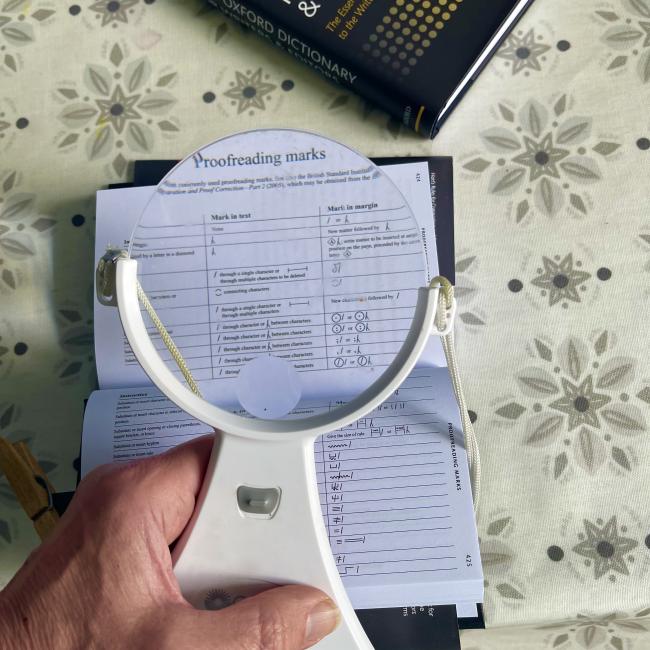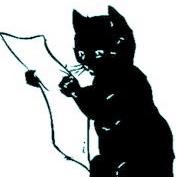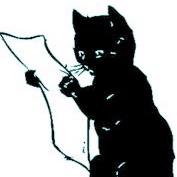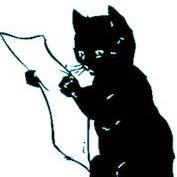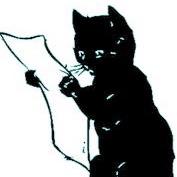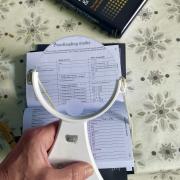
‘Absolute perfection belongs not to man, nor to angels, but to God alone’, said John Wesley in his Plain Account of 1766. Make of that what you will, but I’m sure we can all agree that absolute perfection certainly doesn’t belong to editors and proofreaders.
Take the 2nd edition of the Geneva Bible, for example, printed in 1562. Popular today with town planners, its mistaken version of Matthew v, 9 reads, ‘Blessed are the placemakers: for they shall be called the children of God.’
An inaccurate reprint of the King James Bible, published in Blackfriars, London in 1631, erroneously styled the 7th commandment in Exodus xx, 14 as ‘Thou shalt commit adultery.’ In Deuteronomy v, 24 it mangled greatness to unfortunate effect: ‘And ye said, Behold, the LORD our God hath shewed us his glory and his great-asse.’ These gross errors earned the King’s printers Barker & Lucas a £300 fine which put them out of business.
A KJB printed in Ireland in 1716 accidentally restyled John v, 14, in which Christ offers advice to a woman caught in adultery, to read, ‘Go, and sin on more.’
The typo-riddled edition of 1804, in 1 Kings viii, 19, had God talking to David as follows: ‘Nevertheless thou shalt not build the house; but thy son that shall come forth out of thy lions, he shall build the house unto my name’. Presumably, it had a cat-flap.
More recently, the ‘Affinity Bible’ of 1923, rather ahead of its time, asserted that ‘A man may not marry his grandmother’s wife.’
We’ve been unable to track down the 20th-century edition of Charlotte Bronte’s Jane Eyre, supposedly published in India, in which Chapter 38 kicks off with ‘Reader, I marinaded him.’ (It’s clearly wrong, but sheds a disturbing new light on why Mary, bending over the roast, carried on basting.)
Why are we mentioning all this? Well, it so happens that, very occasionally, a small error has been known to creep into the otherwise immaculate editing of the printed Spurtle.
Such unusual occurrences render these items enormously collectable. They will likely be worth a fortune in years to come if not too many are preserved.
So, if you should happen to notice anything amiss in the June issue (Issue 329) published next week, keep it to yourself. Come what may, we certainly won’t be drawing attention to it.
